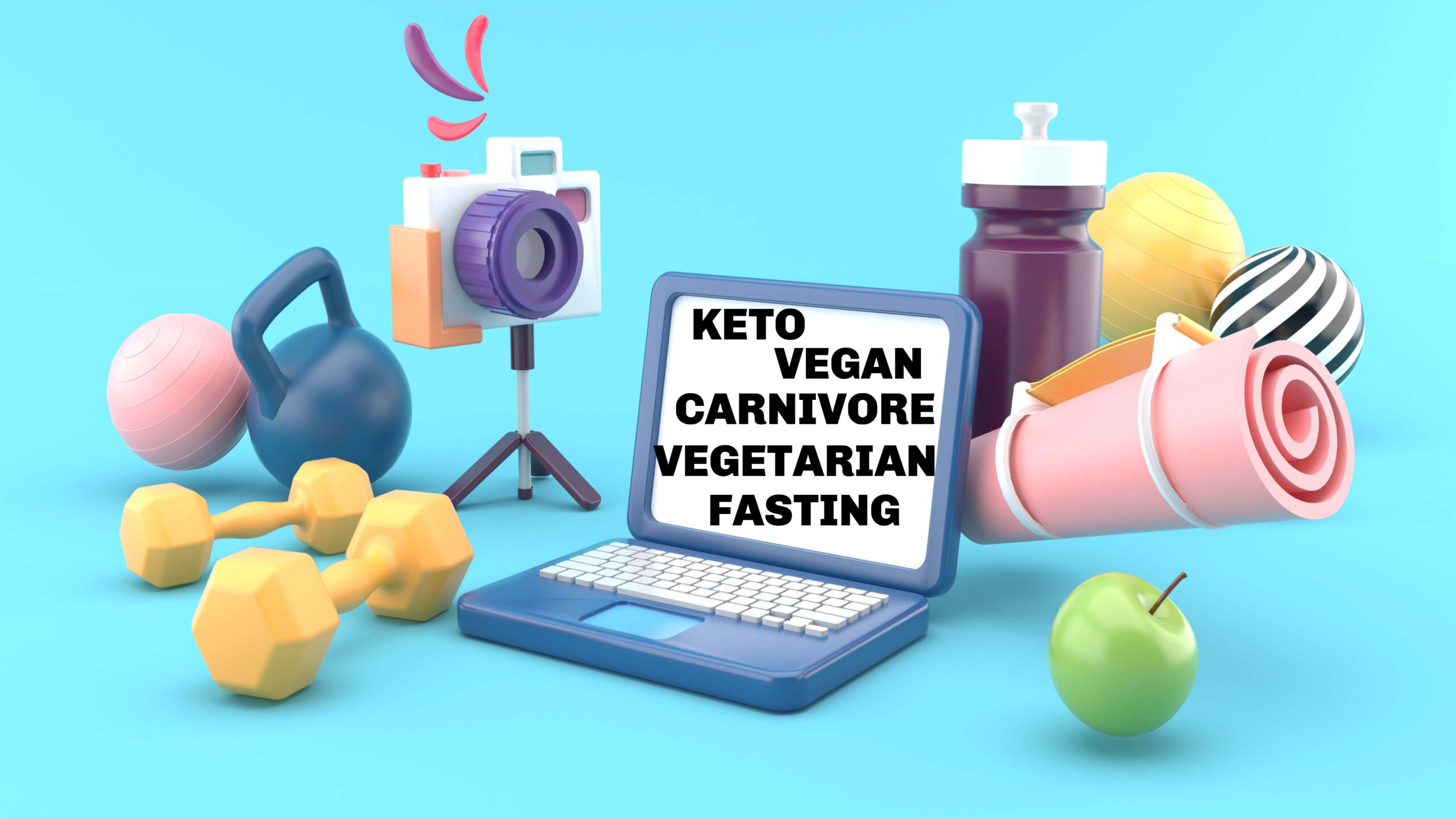The internet is a great digital library, with tons of useful and, at the same time, conflicting and confusing information. For instance, the “google doctor” and YouTubers experimenting with well-being approaches lead to an even more confused generation. New ideas of how we are supposed to approach food and even bragging and thinking that one is better than the rest because of his food choices.
If you want to be in the best shape possible, look like a model, perform as an athlete, or become highly successful, you must be on a special diet. Is this true? YES AND NO! Of course, as an athlete, you need to provide the necessary nutrition for energy and recovery; as a model, you need to pay attention to your calories intake while making sure you maintain lean physique without malnourishment, and as somebody who wants to be sharp and productive at work you need to avoid brain fog episodes and blood sugar swings. However, do we need to go to extremes such as carnivore, ketogenic, vegan, vegetarian, or extreme low-calorie diets or intermittent fasting? NO!
LOW-CARB DIETS
This strategy might work for people who are not physically active. Carbohydrates equal energy, glycogen replenishment, but also we need them for optimal brain functions and hormonal balance! So if you are not a regular exerciser, you can do some kind of a low-carb diet, but not to the extent the carnivore or ketogenic diet proposes. But aren’t those two examples of diets great for some people? Yes, they are, but the question is, for how long period of time? Those diets are simply elimination diets! Today more than ever, we experience food allergies and intolerances. For example, an individual who reacts to corn or strawberry by eliminating all plant food will feel improvements ( simply because he removed the food allergens), but does he need to stop consuming all plants? No. For how long this individual can maintain this only animal food diet? Some people are better at converting protein into glucose, depending on their biology. Still, this process is highly energy-consuming for our body compared to using sugar straight from the food source. Not to forget, we need the prebiotics from the plants to feed the good bacteria in our gut, and we need the vitamins and minerals from fruits and vegetables.
VEGAN AND VEGETARIAN DIET
Many people aspire to such a way of eating, believing this is the healthiest lifestyle. Is it?
Why do some people feel great and “enlightened” when they try a vegan diet? By eliminating animal foods, an individual is experiencing a detox, weight loss, often brain fog is lifted, cleaner skin, and more. In the world we live detox will be beneficial for nearly everyone. But again, for how long do those individuals feel great before experiencing the unavoidable nutritional deficiencies? It depends again on the individual, how good his diet was before he endeavored on this diet experiment, how good he is at extracting nutrients from a plant-based diet, and his individual physiological needs depending on his lifestyle, age, and gender. In our modern world, we consume a lot of factory-farmed animals, which are injected with growth hormones, and antibiotics and live in conditions that no animal should experience. Choosing to not pay for those “products” is by no doubt a vital decision. Those “foods” are negatively impacting our health. Of course, if a person removes from his diet those autoimmune triggering “foods,” he will feel a health improvement: the vegan bliss! But sooner or later, malnourishment will occur. With some effort, we can opt for animal products that are sustainably and ethically raised.
THE SOLUTION
In the near future, we will have a device or chip informing us 24/7 about our current physical and mental state. For example, how are your vitamin and mineral levels, are you lacking something that you need to take care of, how are your glycogen and blood sugar levels, and so on. Until this new and advanced technology becomes available to humankind, we need to get to know our bodies and understand how to tune in daily. We need to learn to eat according to our needs which are dictated by our lifestyle, age, and hormonal levels.
ADDRESS YOUR BIOLOGICAL INDIVIDUALITY. PRESS: Plans
